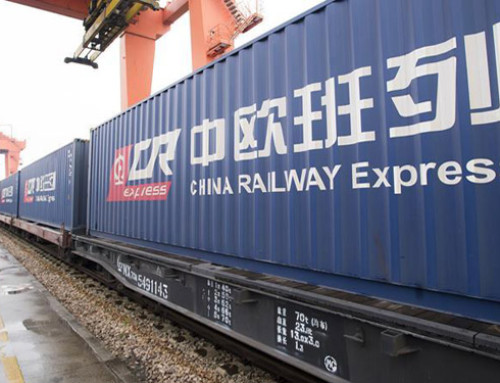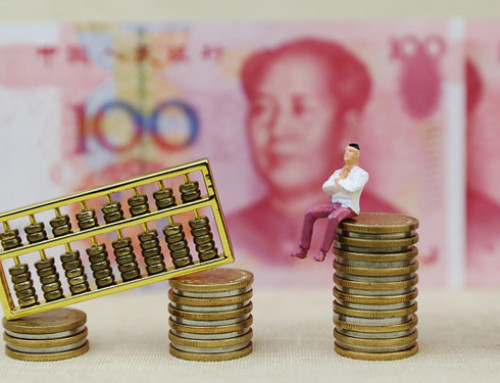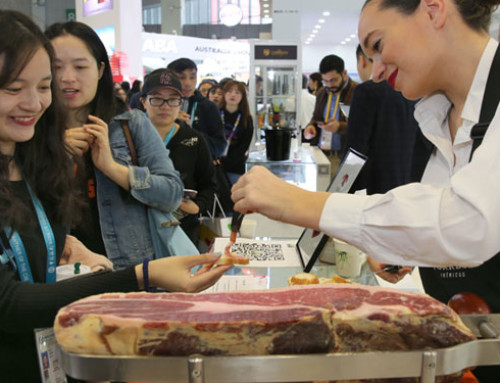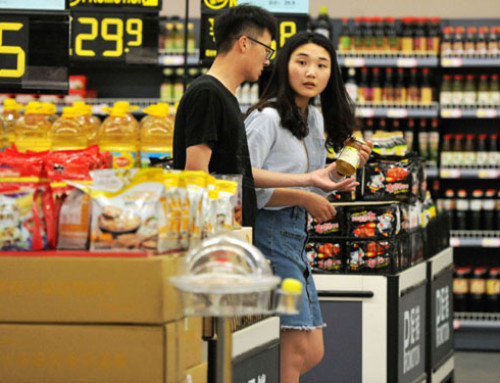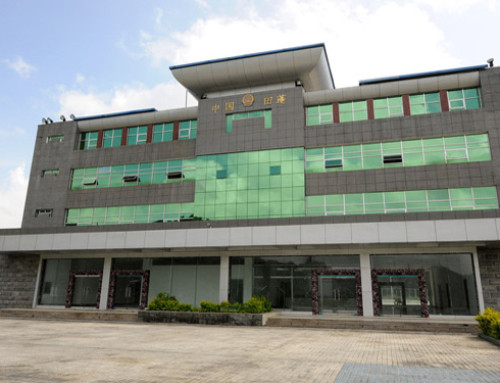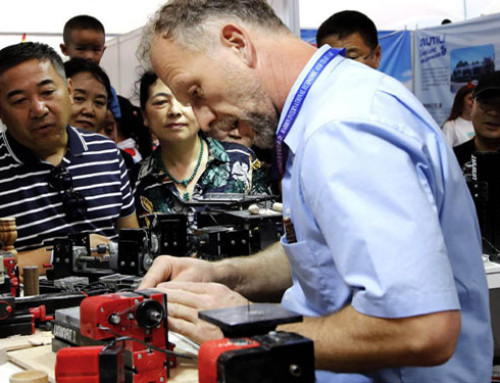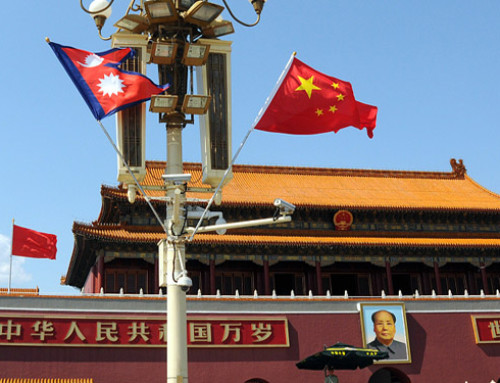In recent years, Shanghai has announced measures to facilitate foreigners to obtain entrepreneurial visas and to set up startups to encourage them to implement business plans in cities.
Since mid-2015, foreigners who have graduated from Chinese universities and left business plans in Shanghai have been allowed to apply for entrepreneurship visas, which allows them to stay in the country and start a business within a year.
These measures are part of Shanghai’s ambitious goal of becoming a global technology center by 2030.
In August, the city also began issuing Shanghai’s entrepreneurial visas to students who have graduated from well-known overseas universities in the past two years, and has developed an innovative entrepreneurship program in Shanghai.
“As the type of visa continues to play a role in promoting the implementation of entrepreneurial programs in Shanghai, the city has basically formed an environment that attracts talent from around the world to demonstrate its innovative capabilities,” said Lin Qian, general manager of the startup Kudosbay. Since 2017, the foreign service provider is located in Shanghai Songjiang Economic and Technological Development Zone.
Some foreign entrepreneurs say the city’s incubators have played a useful role in driving business plans from zero to one.
Barbara Vaccaro from Italy founded her company Barbara Art Studio in Shanghai in January. She said that the incubator helped her understand all the documents related to permits and visa applications.
“It also introduced us to the right business opportunities and helped us build more connections with the industry,” said Barbara, who moved to Shanghai six years ago.
Although the city’s expatriates have launched official corporate data, there are still about 600 companies in Yangpu District, which is a large-scale entrepreneurial and innovation demonstration area in the city.
The latest official statistics show that more than 210,000 expatriates from 167 countries and regions work in Shanghai, the largest number of Chinese cities, accounting for nearly 25% of the country’s total.




